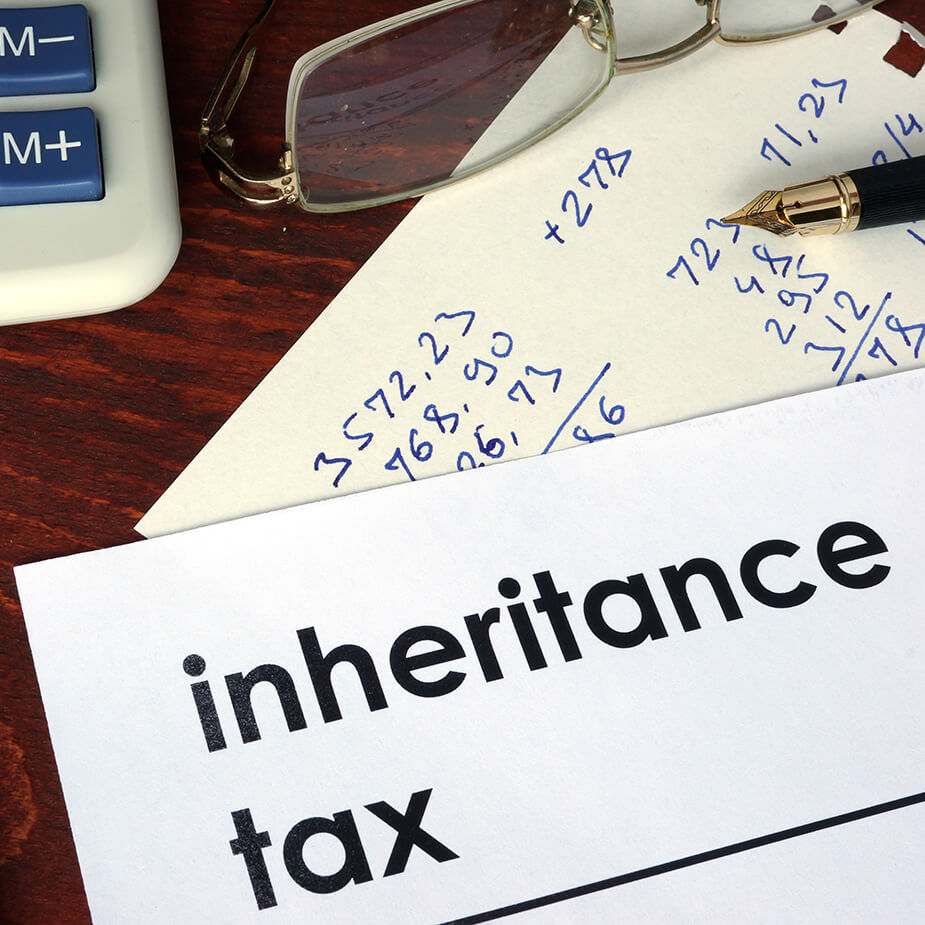How to save Inheritance Tax – Part 4
This is the fourth blog that I have written on the subject of How to Save Inheritance Tax.In the first blog I explained that everybody has a Nil-Rate Band allowance of £325,000.Many of you will be aware that in April 2017 the Residence Nil-Rate Band Allowance was introduced.This provides for an extra £100,000 worth of allowance if:-
- An individual owns property; and
- The property is passing to a lineal descendent; and
- The total value of the estate is below £2 Million.
The Residence Nil-Rate Band is due to increase by £25,000 in April 2018 to £125,000 per person.It will increase by a further £25,000 in April 2019 to £150,000 per person and finally to £175,000 per person in April 2020.It is then due to be increased in line with the Consumer Prices Index thereafter.
This means for an individual, who meets the conditions above, they will be able to utilise their own Nil-Rate Band Allowance of £325,000 plus the full Residence Nil-Rate Band Allowance so that from April 2020 an individual will have allowances totalling £500,000 before IHT becomes payable.
For married couples, or registered civil partners, it is possible to transfer the Nil-Rate Band allowance and Residence Nil-Rate Band Allowance, if they have not been used on the first death.This will mean that it will be possible for up to £1 Million, from April 2020, to be passed on before Inheritance Tax becomes payable.Again, this is subject to the conditions above.
There are a number of additional provisions about the Residence Nil-Rate Band, which are designed to cover situations where people might downsize, where the value of the estate only just exceeds the threshold (there are provisions to say that the allowance is lost on a rate of £1 for every £2 over £2 Million), but I do not propose to lengthen this blog by going into all of the finer details!
What is important, is that by staying healthy, your Inheritance Tax liability may improve significantly simply because of the increase in the reliefs.This might, to some extent, be offset by increases in property prices, but at least it should prevent the situation from getting worse!
Also of importance are that the terms of Wills should be reviewed, to avoid any problems arising with claiming the relief. Furthermore if your estate is above £2 Million, consideration should be given as to whether it might be possible to reduce the estate to make full use of these allowances.
For specific advice on Inheritance Tax matters, please contact Richard Horwood, Head of the Private Client team.
Please note the contents of this blog are given for information only and must not be relied upon. Legal advice should always be sought in relation to specific circumstances. Longmores Solicitors LLP are not regulated by the Financial Conduct Authority and are not authorized to provide any form of financial advice.

